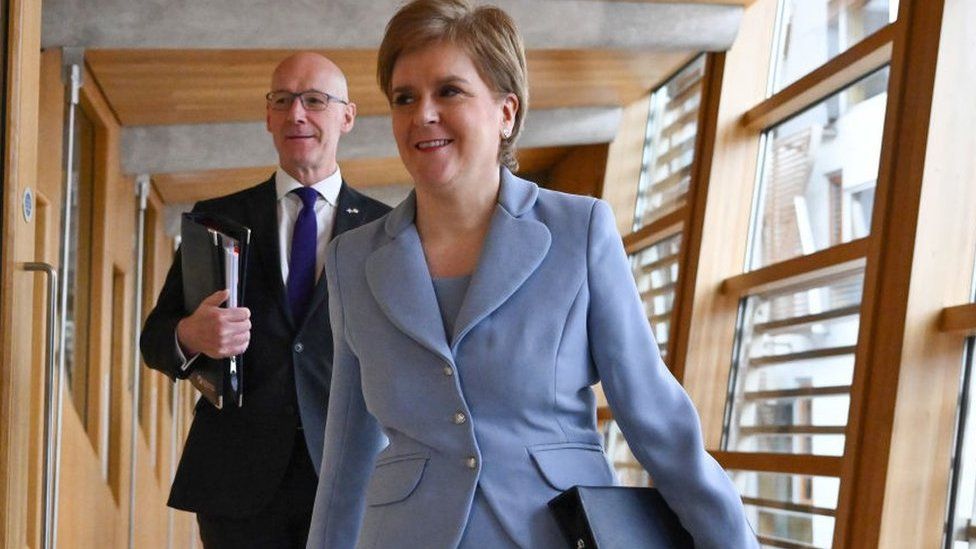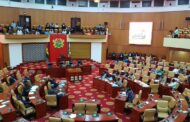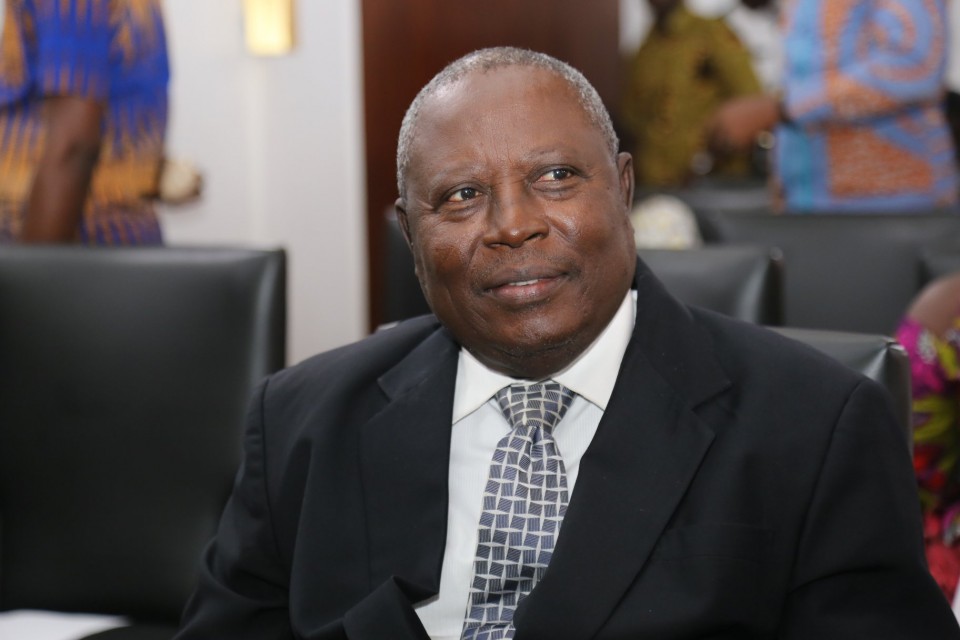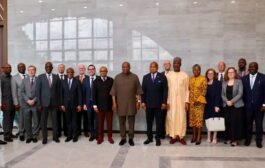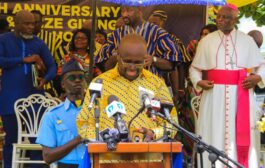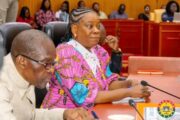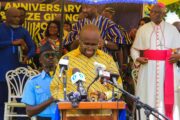Scotland’s first minister has proposed 19 October 2023 as the date for another referendum on independence.
Nicola Sturgeon said the question would be the same as in the last referendum in 2014: “Should Scotland be an independent country?”.
Ms Sturgeon said she would be writing to Prime Minister Boris Johnson to ask for formal consent for the vote to be held.
She said she would press on with her plan if this was not granted.
But she stressed that any referendum would need to be lawful and constitutional – with the Supreme Court to be asked to rule on the potential legal issues around holding a vote without UK government approval.
Ms Sturgeon said Scotland’s top law officer, the Lord Advocate, has agreed to refer the case to the UK’s highest court, with court papers being served on UK government law officers on Tuesday afternoon.
The first minister said she hoped the court would be able to “deliver clarity and legal certainty in a timely manner” instead of having a drawn out process.
If the court rules that Holyrood does not have the power to hold a referendum, she said the next general election would become a “de facto referendum” with the SNP standing on a single issue of independence.
However, if the court rules in the Scottish government’s favour, Ms Sturgeon said it would move quickly pass its Referendum Bill, which was published while Ms Sturgeon was speaking.
The UK government has previously stated that “now is not the time” for another referendum, with the prime minister saying earlier on Tuesday that the UK was stronger together.
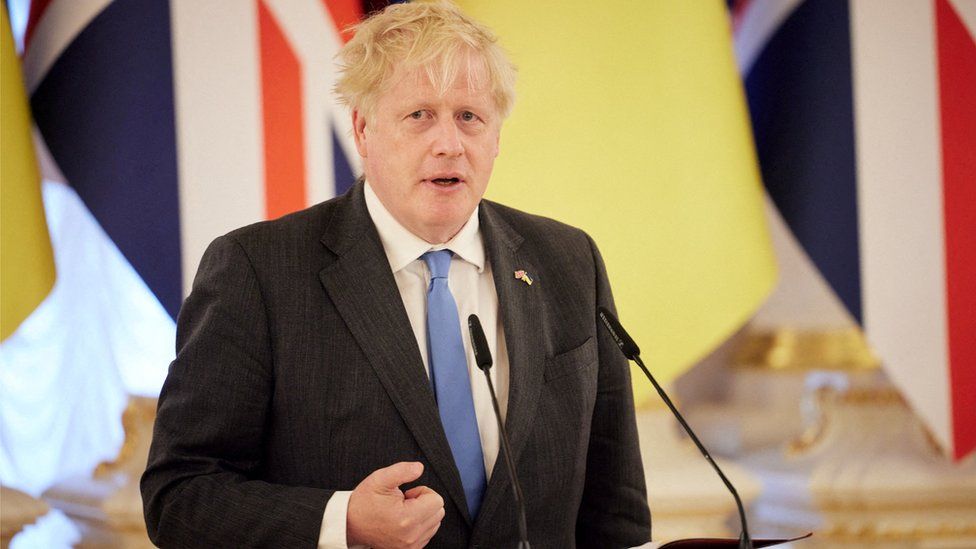
But Ms Sturgeon criticised his government, saying it had not respected what she views as her mandate to hold another referendum.
She told MSPs she had written to the prime minister to ask him to negotiate the terms of a section 30 order – which would temporarily transfer the power to hold a referendum from Westminster to Holyrood, as happened ahead of the 2014 referendum which saw Scottish voters back remaining in the UK by 55% to 45%.
This was the basis on which the 2014 referendum was held, and Ms Sturgeon said this option would put the legal basis of a referendum beyond doubt.
Ms Sturgeon said her letter to the prime minister made clear that she was “ready and willing” to negotiate the terms of a Section 30 order with him.
But with Mr Johnson having repeatedly refused her calls for another referendum to be held, Ms Sturgeon added: “What I am not willing to do, what I will never do, is allow Scottish democracy to be a prisoner of Boris Johnson or any prime minister.”
The first minister said: “My determination is to secure a process that allows the people of Scotland, whether yes, no or yet to be decided, to express their views in a legal, constitutional referendum so the majority view can be established fairly and democratically.
“The steps I am setting out today seek to achieve that.”
She added: “If it does transpire that there is no lawful way for this parliament to give the people of Scotland the choice of independence in a referendum, and if the UK government continues to deny a Section 30 order, my party will fight the UK general election on this single question: should Scotland be an independent country?”
Ms Sturgeon said that the Scottish government would “make the positive case for independence” and would “do so with commitment, confidence and passion” in the coming months.
She said: “Let the opposition if they can make the case for continued Westminster rule and then let the people decide.”
Source: BBC



